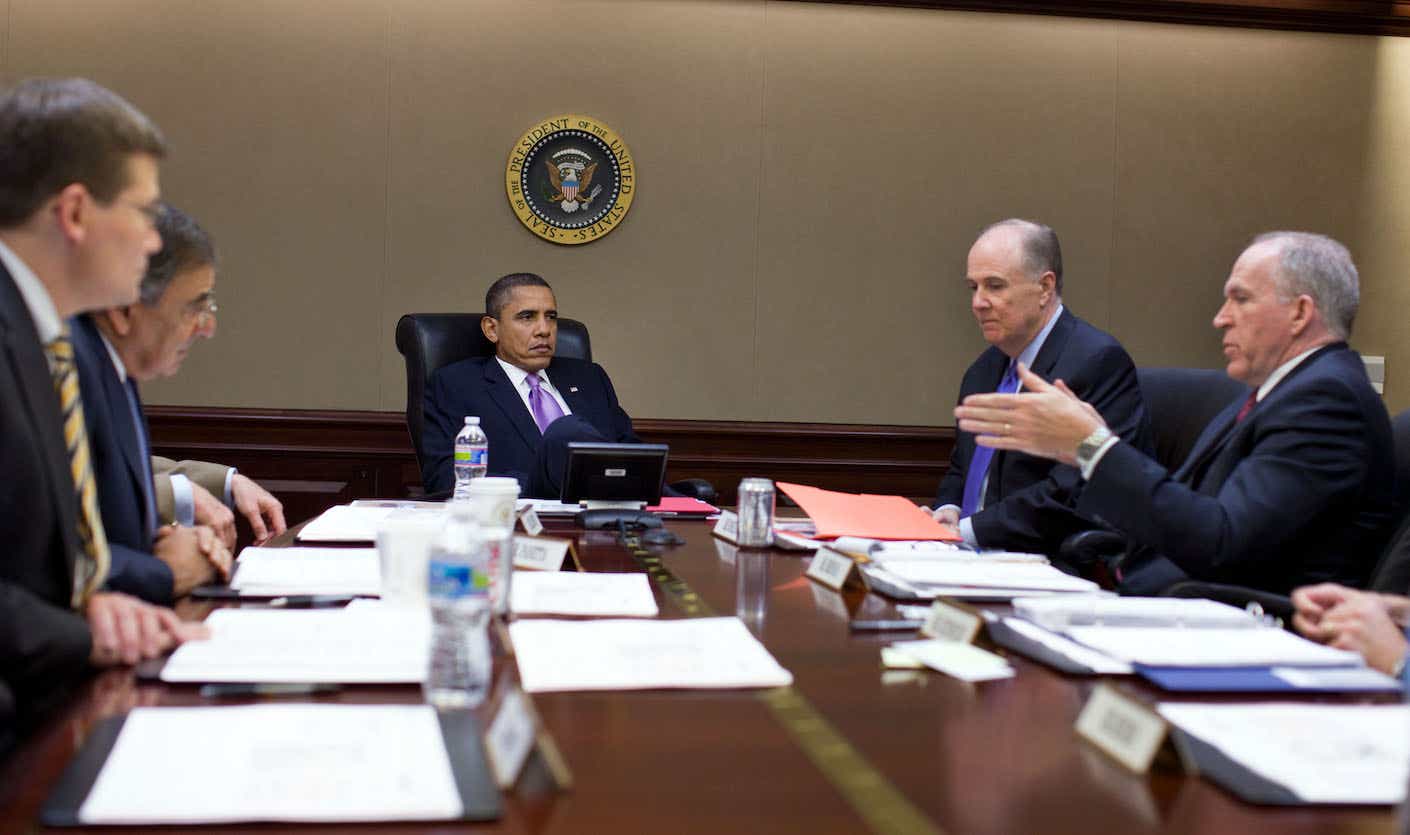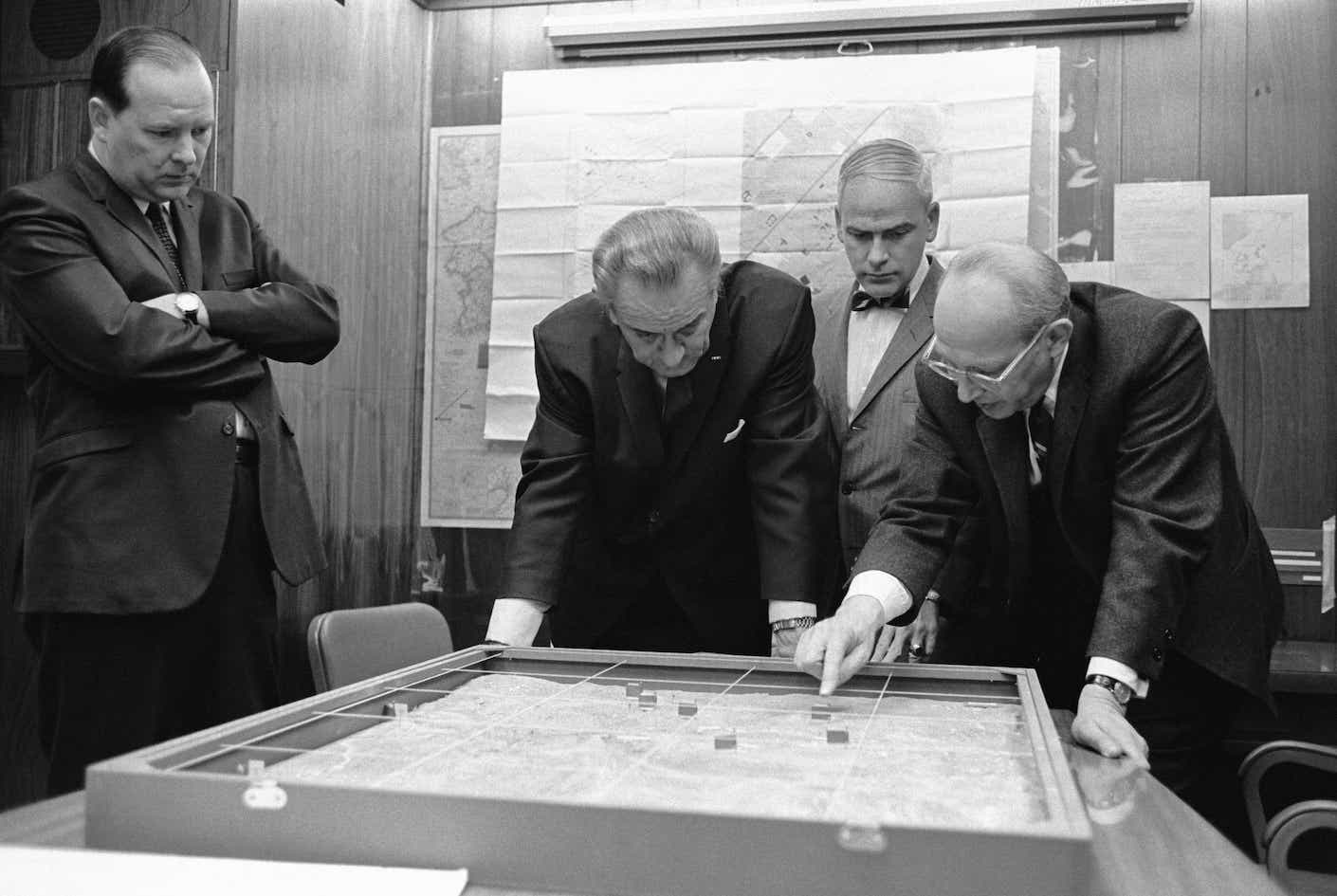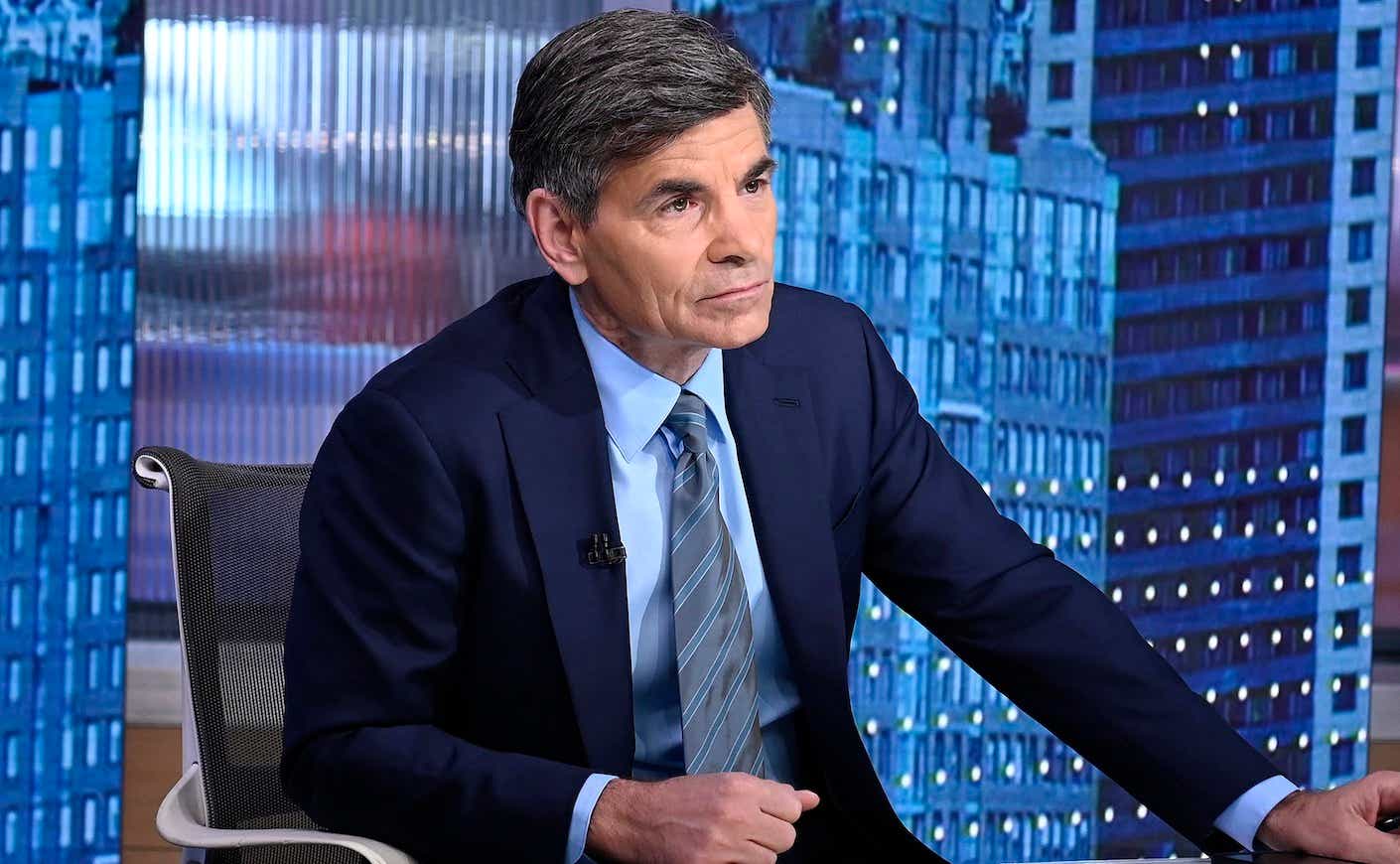In the worlds of journalism and political commentary, few names resonate as strongly as that of George Stephanopoulos. As a veteran journalist and former White House communications director, Stephanopoulos has been at the forefront of American media and politics for decades. His new book, The Situation Room, offers readers an unparalleled glimpse into the heart of the nation’s decision-making epicenter.
In The Situation Room, Stephanopoulos takes readers behind the scenes of critical moments in American history, providing a firsthand account of the high-stakes decisions and intense deliberations that define our political landscape. I attended an event for the book’s release, then chatted with him about this riveting tour through the corridors of power, strategy, and governance. Stephanopoulos's unique perspective gives him an extraordinary vantage point from which to tell these stories, and I consider his latest release a must-read.
Stephanopoulos aims to demystify the processes and people at the highest levels of government, providing a clearer understanding of how pivotal decisions are made — and their far-reaching impacts. But the stories he and collaborator Lisa Dickey share of the normally anonymous public servants, the duty officers who “serve in silence,” are the beating heart of the book.
In our conversation, Stephanopoulos shared his motivations for writing the book, and what he hopes readers will gain from it.
Katie Couric: Let's start at the beginning: The Situation Room was created during the Kennedy administration. Why was it needed?
George Stephanopoulos: JFK ordered the creation of the Situation Room after the failed Bay of Pigs invasion of Cuba. He was livid about getting flawed information from the CIA and the Joint Chiefs of Staff, and he wanted his own stream of information and intelligence delivered directly to the White House. His team built the room in a couple of weeks at a cost of about $30,000. Ironically, once the room was built, JFK didn’t use it all that much. In fact, he once called it a “pigpen.”

There are so many history-making moments chronicled in the book — from the botched Iranian hostage operation under President Carter to the taking out of Osama Bin Laden during the Obama administration to the chaos of leaving Afghanistan just three years ago. How did you go about choosing which history-making moments to feature?
My co-writer Lisa Dickey and I worked with our research team to identify one key crisis for every president that would illuminate how the White House handled the pressure and managed the moment. We also looked for incidents where we could reveal new information — like the discovery that President Carter wanted to use government psychics to rescue the hostages. Then we let our interviews and our research guide us to the most important stories and interesting details.

As you said in an interview with Vanity Fair, different presidents used the room differently. LBJ practically moved in, while Nixon wanted nothing to do with it. Why?
LBJ was desperate for information about Vietnam — he wanted up-to-the-minute information about every battle and every casualty. He called the Situation Room all through the night for those scraps of information. Nixon and his national security adviser Henry Kissinger went in the opposite direction, wanting to avoid what Kissinger called the “Situation Room Syndrome” – the idea that Presidents could control the world from that windowless room in the White House basement.
You’ve also said that time spent there didn’t necessarily translate into keener insight into global crises…
Absolutely. LBJ’s experience teaches us that information is not insight. All the data in the world wasn’t going to help him win the war in Vietnam, because it was an unwinnable war. Deep down LBJ knew that. But he felt trapped and couldn’t figure out how to extricate himself and the country.
I’m fascinated by the people who actually work in and run the Situation Room. I was at your book party and it was striking when you said, “I have seen the deep state and it’s full of patriots.” Tell us what was behind that statement — and how you’re trying to provide a positive narrative for government workers who’ve been so maligned in recent years.
The most inspiring part of working on this project was meeting the room’s duty officers who are drawn into the Situation Room for 1-3 year terms from all across the government: The CIA/DIA/NSA, homeland security, state, and the Pentagon. They are ultra-professional and apolitical patriots who serve the presidency and their country with distinction and courage.
I have to ask you about covering Donald Trump. News organizations are in the midst of a debate about how exactly the campaign should be covered and if anything was learned from 2016. You described the Trump candidacy on This Week: “The scale of the abnormality is so staggering that it can actually become numbing. It’s all too easy to fall into reflexive habits, to treat this as a normal campaign, where both sides embrace the rule of law, where both sides are dedicated to a debate based on facts and the peaceful transfer of power. But that is not what’s happening this election year." Meanwhile, the executive editor of The New York Times recently said in an interview, "To say that the threats of democracy are so great that the media is going to abandon its role as a source of impartial information to help people vote — that’s essentially saying that the news media should become a propaganda arm for a single candidate.” How exactly should Trump be covered, in your view?
For me, it’s most important that we in the media don’t fall into the trap of normalizing the abnormal and the unconstitutional. We’ve never had a former president — or presidential candidate — who has been indicted and impeached for trying to overturn an election.
We’ve never had a former president — or presidential candidate — who lies about an election he lost, and refuses to pledge to accept the results of the next election if he loses again. I believe that is un-American. And I think we in the media should hold candidates who endorse those views accountable and ensure that citizens know what’s at stake in this election.









